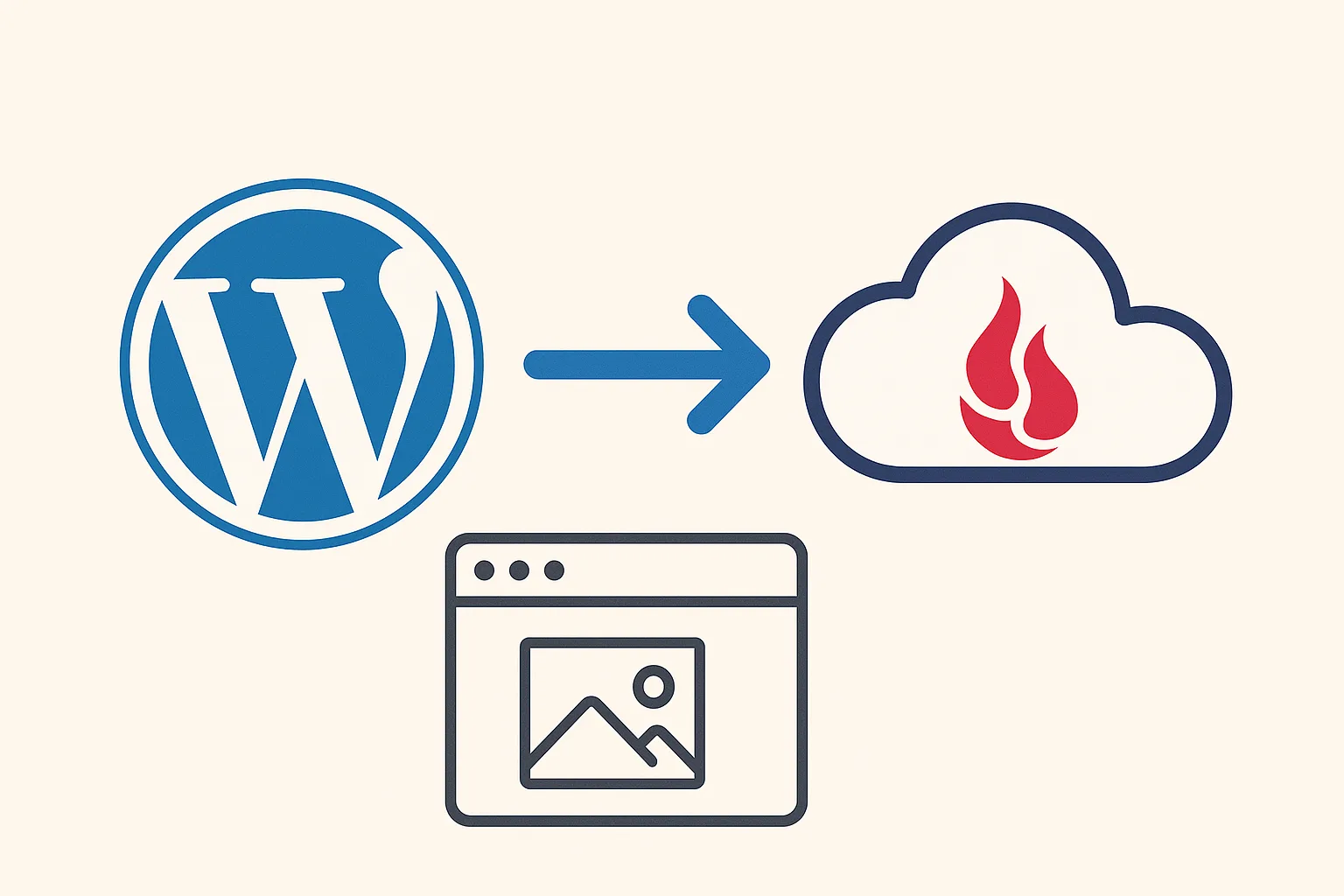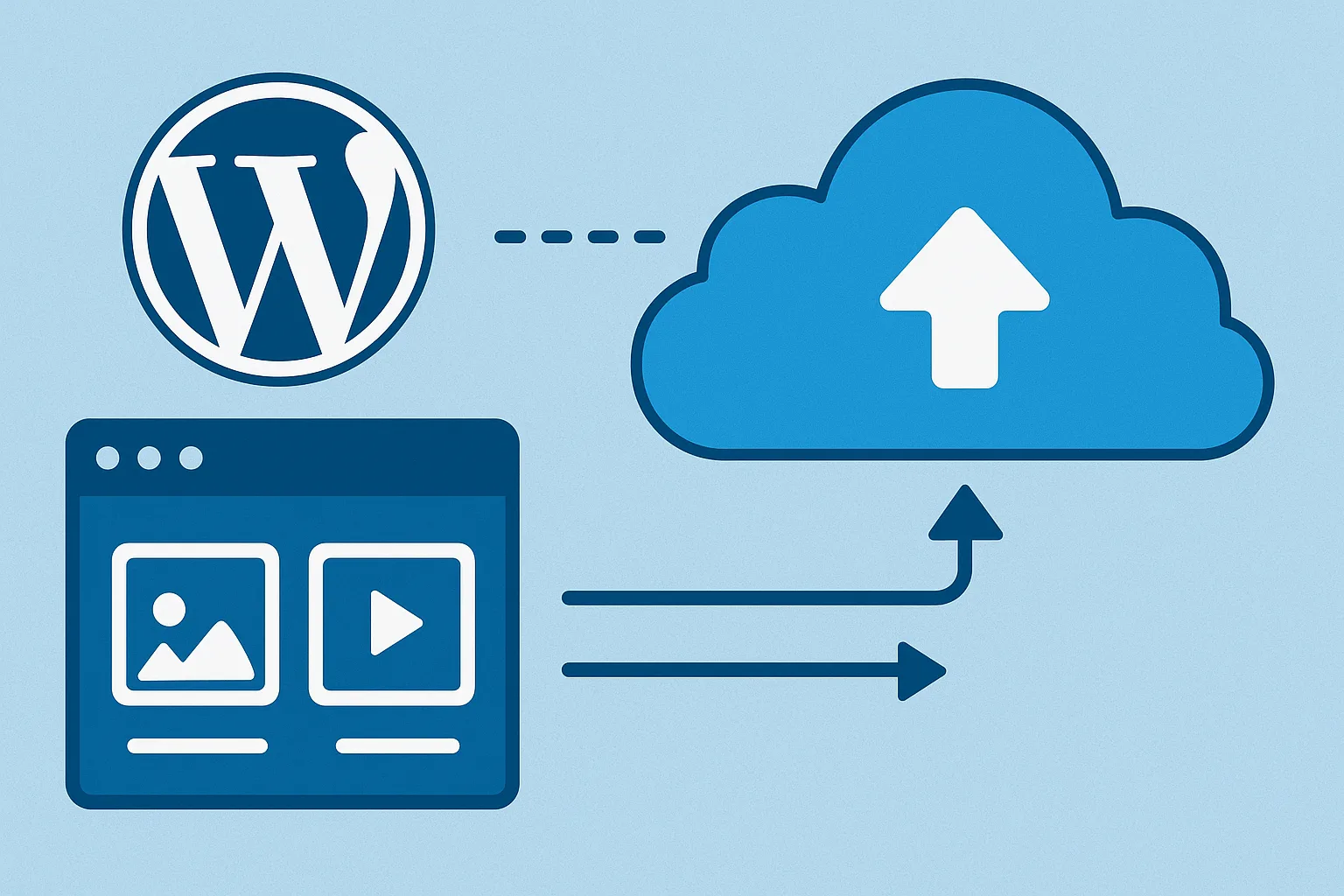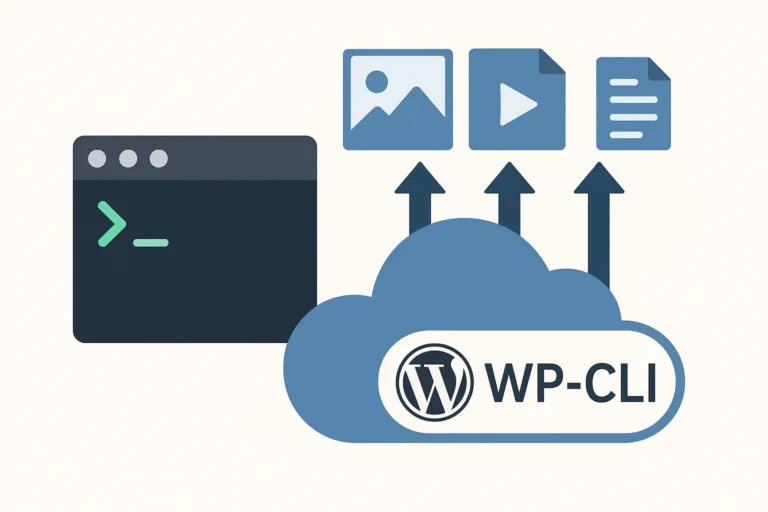To provide the best possible experience for our valued users of Advanced Media Offloader, which facilitates the transfer of WordPress media files to cloud storage platforms such as Amazon S3 and Cloudflare R2, we want to address a concern that has been brought to our attention. A number of users have reported encountering an obstacle during the bulk offload process, where it becomes stuck at a specific stage and fails to progress any further. After conducting a thorough examination, we have determined that this issue frequently arises when the WP Cron system is deactivated on their websites.
Understanding the Role of WP Cron in Bulk Offloading
WP Cron is WordPress’s built-in task scheduler that handles time-based tasks in your WordPress site. It triggers scheduled events like publishing scheduled posts, checking for updates, and, in our case, processing bulk media offloads to cloud storage.
Our plugin relies on WP Cron to queue and process media files in batches. When WP Cron is disabled, these scheduled tasks cannot execute, causing the bulk offload process to halt unexpectedly.
Why WP Cron Might Be Disabled
There are a few reasons why WP Cron might be disabled on your site:
- Performance Optimization: Some developers disable WP Cron to reduce the number of HTTP requests, especially on high-traffic sites.
- Server Configuration: Certain hosting providers disable WP Cron by default to encourage the use of system cron jobs for better reliability.
How to Check if WP Cron is Disabled
To determine if WP Cron is disabled on your site:
1. Access Your wp-config.php File: Connect to your website via FTP or use the file manager in your hosting control panel.
2. Locate the WP Cron Setting: Open the wp-config.php file and look for the following line of code:
define('DISABLE_WP_CRON', true);- If this line exists and is set to true, WP Cron is disabled.
- If this line is absent or set to false, WP Cron is enabled.
Solutions to Enable WP Cron and Resolve the Issue
Option 1: Enable WP Cron in wp-config.php
1. Edit the wp-config.php File: Open the wp-config.php file in a text editor.
2. Modify the WP Cron Setting: Change the line to:
define('DISABLE_WP_CRON', false);- If the line doesn’t exist, you can add it above the line that says /* That’s all, stop editing! Happy blogging. */.
3. Save and Upload: Save the changes and upload the file back to your server.
Option 2: Set Up a Server-Side Cron Job
1. Disable WP Cron in wp-config.php: Ensure WP Cron is disabled to prevent duplicate tasks.
2. Access Your Server’s Cron Jobs:
- For cPanel Users:
- Log in to your cPanel dashboard.
- Navigate to the “Cron Jobs” section.
- For Others:
- Access your server via SSH or your hosting control panel’s cron job interface.
3. Add a New Cron Job:
Set the cron job to run every 5 minutes using the following command:
wget -q -O - https://yourdomain.com/wp-cron.php?doing_wp_cron >/dev/null 2>&1Replace https://yourdomain.com/ with your actual website URL.
4. Save the Cron Job: Confirm and save the new cron job.
Verifying the Solution
After implementing one of the above solutions:
- Retry the Bulk Offload: Go back to the plugin’s bulk offload feature and start the process again.
- Monitor the Progress: The bulk offload should now proceed past the point where it previously got stuck.
Additional Tips
- Plugin Conflicts: Ensure no other plugins are interfering with WP Cron functionality.
- Server Resources: Check if your server has sufficient resources to handle bulk operations.
Need Further Assistance?
If you’re still experiencing issues after trying these solutions, please don’t hesitate to contact our support team. We’re here to help you achieve a seamless media offloading experience.
By ensuring WP Cron is enabled and properly configured, you can take full advantage of Advanced Media Offloader’s capabilities and keep your media files efficiently managed in the cloud.



